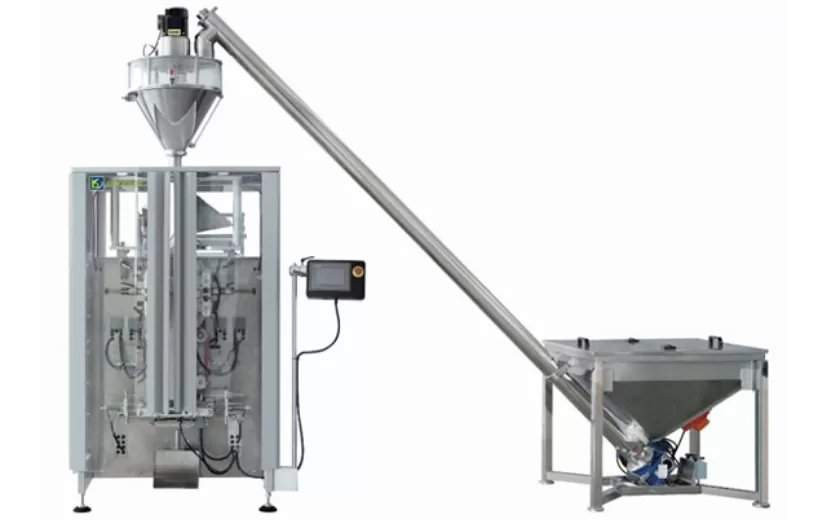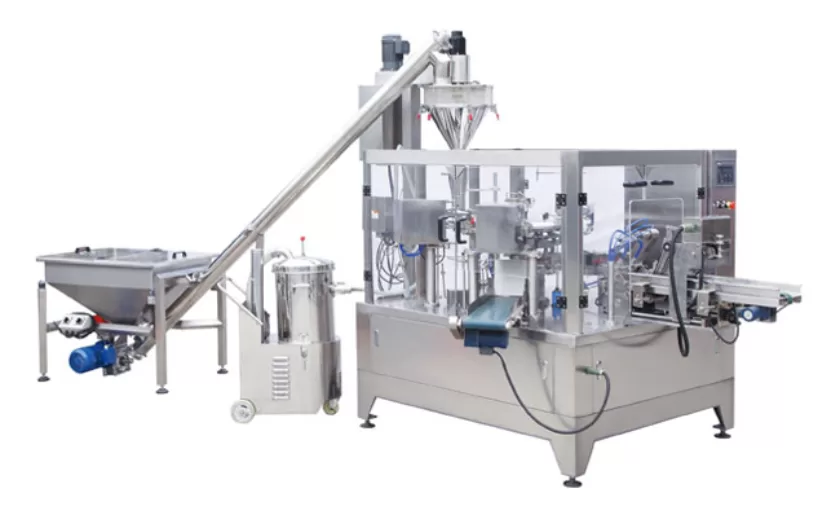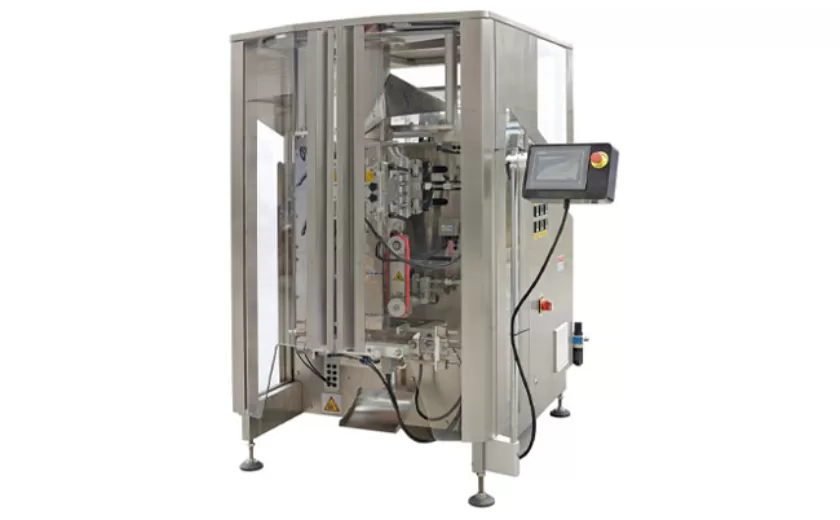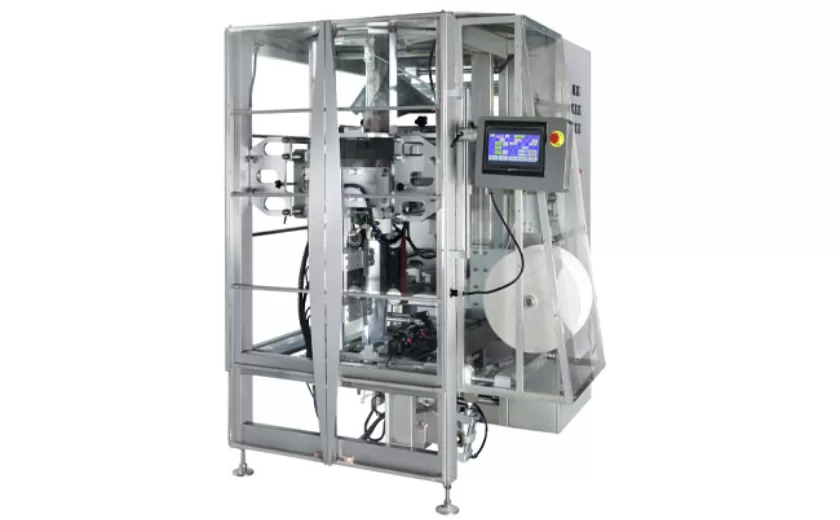Understanding Compliance Regulations for Food Pouch Packaging
In today’s competitive food industry, where consumer safety and brand reputation are paramount, navigating the labyrinth of compliance regulations for food pouch packaging is crucial. Failure to adhere to these standards can lead to costly consequences, including product recalls, legal penalties, and irreparable damage to brand credibility.
The Role of Compliance
Food pouch packaging serves as a critical barrier between food and the environment, safeguarding its quality and freshness. As such, compliance with food safety regulations is essential to ensure that the packaging materials used are inert, do not leach harmful chemicals into the food, and provide adequate protection against contamination.
Key Regulations
Food pouch packaging is subject to a myriad of regulations, including:
Food Contact Materials (FCM) Regulations: These regulations specify the requirements for materials that come into direct contact with food, including limits on migration of substances from the packaging into the food.
Good Manufacturing Practices (GMPs): GMPs establish standards for the design, manufacture, and distribution of food packaging materials to minimize the risk of contamination.
HACCP (Hazard Analysis and Critical Control Points): HACCP is a systematic approach to food safety that identifies potential hazards and establishes critical control points to prevent or eliminate them.
Specific Considerations for Food Pouch Packaging
Beyond general food packaging regulations, food pouch packaging must also meet specific requirements:
Tamper Evidence: Pouches must be designed to indicate if they have been opened or tampered with.
Seal Integrity: Pouches must have strong seals to prevent leakage or contamination.
Barrier Properties: Pouches must provide an effective barrier against moisture, oxygen, and external contaminants.
Consequences of Non-Compliance
Non-compliance with food pouch packaging regulations can have severe consequences:
Product Recalls: Products that do not meet safety standards may be subject to recalls, damaging brand reputation and costing manufacturers millions of dollars.
Legal Penalties: Non-compliance can result in fines, criminal charges, and even jail time.
Consumer Loss: Unsafe food packaging can put consumers at risk and erode trust in the brand.
Ensuring Compliance
Manufacturers must implement robust quality control measures and work closely with suppliers to ensure compliance with all applicable regulations. Regular testing, audits, and training are essential to maintain a compliant food pouch packaging system.
By understanding and adhering to these compliance regulations, food manufacturers can safeguard the safety of their products, protect their brands, and build consumer confidence in the quality of their food packaging.
-
Precision Filling with Auger Type Powder Filling Machines
25-07-2025 -
Versatile Auger Packing Machines for Precision Powder Filling
25-07-2025 -
High-Precision Auger Filling Machines for Efficient Powder Packaging
25-07-2025 -
Versatile Vertical Form Seal Machines for Efficient Packaging
20-07-2025 -
Advanced Vertical Wrapping Machines for Streamlined Packaging
20-07-2025 -
Versatile and Efficient Small Vertical Form Fill Seal Machines for Modern Packaging Needs
20-07-2025 -
Reliable Solutions for Liquid Filling and Packing in Modern Production
11-07-2025 -
Precision and Efficiency with Liquid Packaging Machines
11-07-2025 -
Efficient Solutions with Granule Packaging Machines for Modern Industries
11-07-2025 -
Reliable Solutions with Auger Type Powder Filling Machines
05-07-2025













